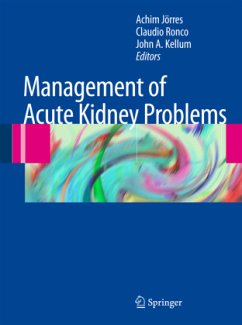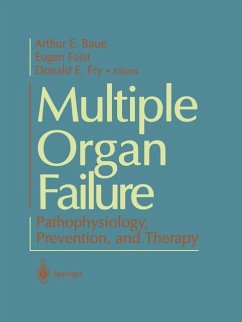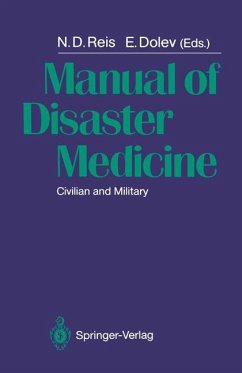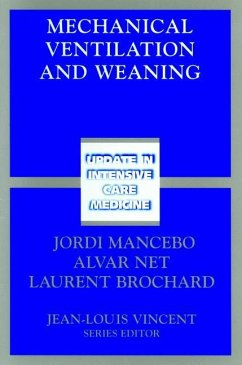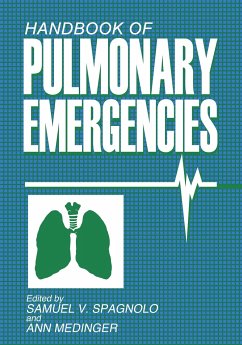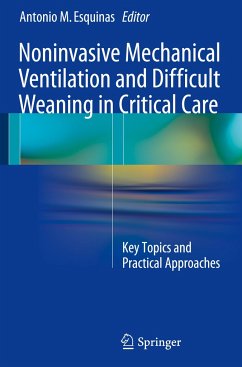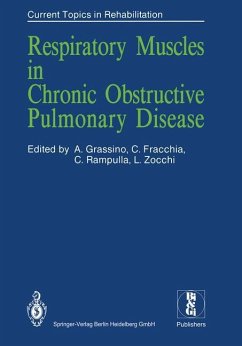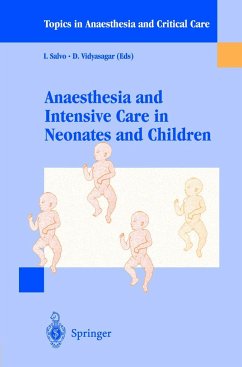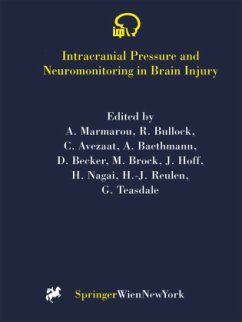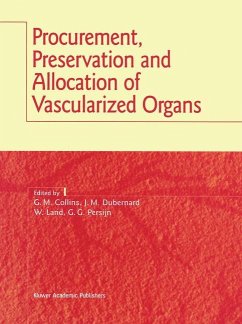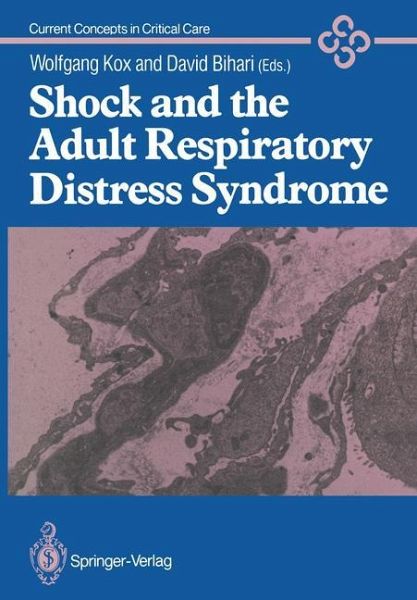
Shock and the Adult Respiratory Distress Syndrome

PAYBACK Punkte
20 °P sammeln!
The interrelated syndromes of shock and the adult respiratory distress to attract the attention of both clinical and syndrome (ARDS) continue laboratory scientists. This reflects both the size of the problem and its unresponsiveness to current lines of treatment. Doubtless, a greater appreciation of the underlying pathophysiological disturbances during the past two decades has led to appropriate action and increased survival in the early stages but once established these syndromes have remained remarkably immune to a wide spectrum of therapeutic modalities. This observation stresses the import...
The interrelated syndromes of shock and the adult respiratory distress to attract the attention of both clinical and syndrome (ARDS) continue laboratory scientists. This reflects both the size of the problem and its unresponsiveness to current lines of treatment. Doubtless, a greater appreciation of the underlying pathophysiological disturbances during the past two decades has led to appropriate action and increased survival in the early stages but once established these syndromes have remained remarkably immune to a wide spectrum of therapeutic modalities. This observation stresses the importance of prevention but also indicates the need for continued research into the nature of the established syndromes and the means whereby they may be reversed. Drs Kox and Bihari are to be congratulated on bringing together within the covers of this volume many of the acknowledged European experts in these two fields of investigation. Each author has provided an up-to-date account of his current experimental and clinical research, and their com bined contributions makes fascinating reading. Undoubtedly, these are exciting times in the development of understanding of shock and ARDS. Inevitably, more questions are raised than answers provided, but the accumulated knowledge presented here adds significantly to our under standing of this complex biological jigsaw. From this corporate endeavour will come the clinically useful developments of the future and with them the ultimate hope that the term 'refractory' shock may be finally removed from our vocabulary.





